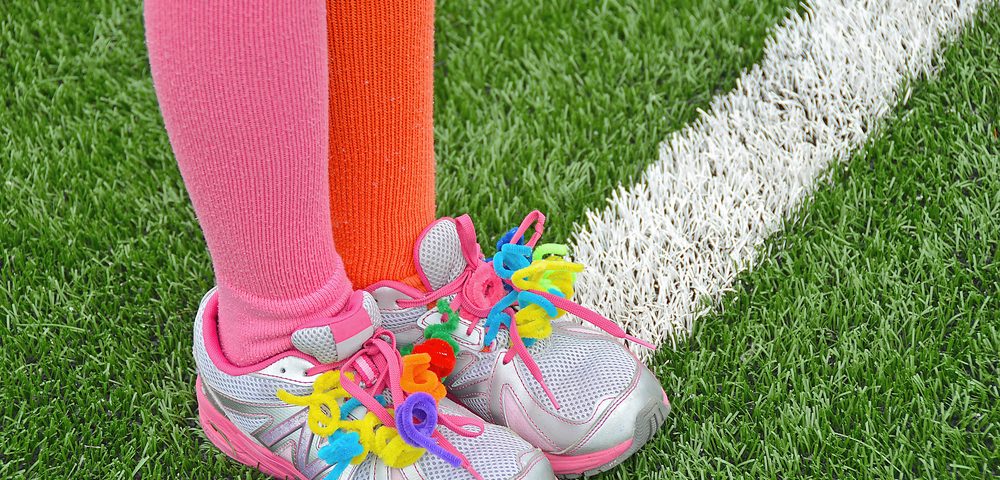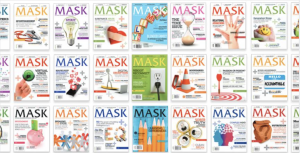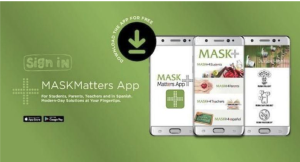
Signs That Your Child Might Be Addicted
May 20, 2024
Instilling Healthy Habits
May 24, 2024When discussing boundary setting, start by defining boundaries and talk about this topic in a developmentally appropriate manner with your children.
Starting conversation by defining boundaries as a set of flexible but firm rules about my body, mind, time, relationships and activities. Kids can understand the concept of rules and borders from an early age and when we can give them specific topics to which they can apply these “rules”, the concept of boundaries becomes more real and concrete for younger children and can help parents find more ways to discuss healthy boundaries with their older children. At its core, boundaries are about empathy, respect, communication, and compassion defined by rules that regulate behaviors and expectations in relationships. Families with healthy boundaries model mutual understanding, developmentally appropriate rules, and open communication with each other thus modeling healthy relational templates for their children’s future relationships.
Pre K – K
Boundaries about physical space, sharing, and kindness can be taught through play at this age. Using games and free-play to set rules, test the rules, and then engage in some discussion about what rule was broken or what the consequence could be is a great way to focus on boundary setting with your pre-school aged child. Identify and specifically praise positive healthy and prosocial boundary setting. Also, model healthy boundaries and be consistent. Your pre-school aged child is always watching and learning, so they can be very attuned to inconsistencies they see in the grown-up around them. They are also going through a phase of discovery, so they are going to test limits and boundaries all the time. Be sure to use positive parenting responses to limit testing and regulate your frustration or emotional reactions to their limit testing.
MASK the Parenting Magazine a quarterly publication providing solutions for Today’s Families.
The parenting manual offering solutions to the modern-day challenges families face. From Pre-K
through College stay up to date on the modern day issues families face.
Are you up to date on the issues your child is facing?
MASK Mothers Awareness on School-age Kids offers parenting solutions for today’s families. MASK tackles important topics – from drugs and alcohol to bullying and Internet safety -and gives students,
parents and the community the knowledge and tools to manage these potential challenges.
Subscribe today! https://www.tools4teaching.com/product/mask-the-magazine/
Download and share the MASKmatters app now! Made for children, parents, teachers and in Spanish.
Have solutions at your fingertips
Available free on apple and google play links below
Apple https://apps.apple.com/us/app/maskmatters/id1482305692




